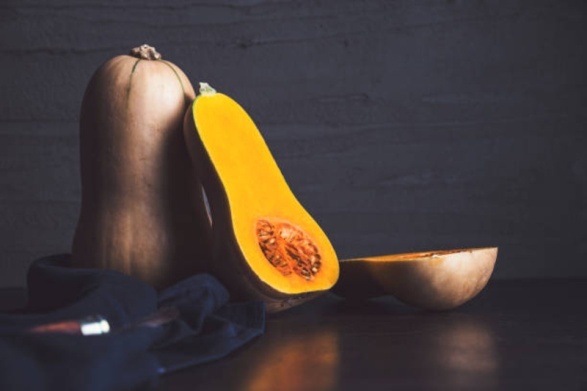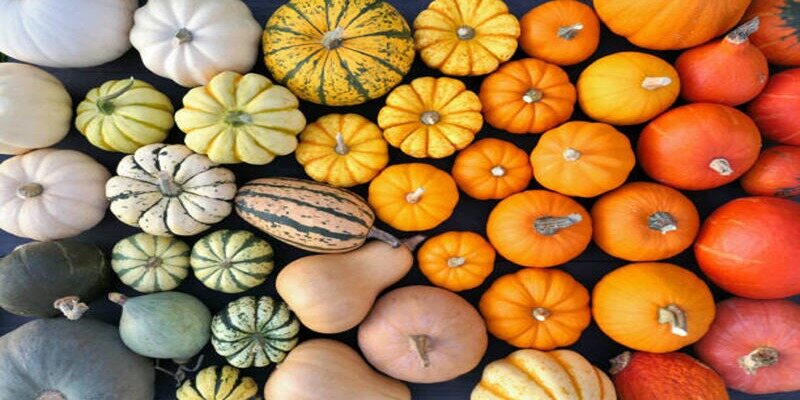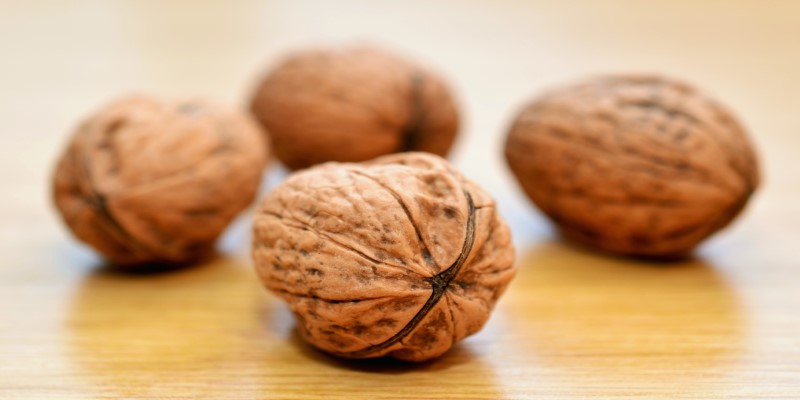As the cold weather arrives and the leaves begin to turn, nothing screams autumn like preparing a warm, comforting meal with seasonal produce. Winter squash offers an abundance of benefits that make it one of fall's most flavorful highlights. From its sweet nutty flavor to its impressive nutrient profile, this hard-shelled veggie not only tastes amazing but provides countless health benefits too. Whether you're roasting it for a soup or baking it into pies, there are endless ways to enjoy winter squash! Read on for 12 compelling reasons why you should relish in this nutritional powerhouse all season long.
What is Winter Squash?

Winter squash is a term used to describe several varieties of hard-shelled, vine-grown vegetables that are harvested in the late summer and early fall. They get their name from the fact that they can be stored for long periods of time, making them available throughout the winter months. Some common types of winter squash include butternut, acorn, spaghetti, delicata, and pumpkin. Each variety offers a unique flavor and texture, making them versatile ingredients in many dishes.
1. Packed with Essential Nutrients
Winter squash is a rich source of vitamins A and C, as well as potassium and fiber. It also contains smaller amounts of other essential nutrients like magnesium, calcium, and iron. These vitamins and minerals play critical roles in maintaining a healthy immune system, promoting strong bones and teeth, and regulating blood pressure.
2. Low in Calories
Despite its sweet flavor, winter squash is relatively low in calories, with one cup of cooked squash containing only about 80-100 calories. This makes it a great option for those looking to maintain or lose weight without sacrificing taste.
3. Rich in Antioxidants
Winter squash is bursting with antioxidants, which help protect our cells from damage caused by free radicals. These compounds have been linked to numerous health benefits, including reducing the risk of chronic diseases like heart disease and certain types of cancer.
4. Boosts Immune Function
With its high vitamin A and C content, winter squash can give your immune system a boost, helping you fight off illnesses and infections. These vitamins are also essential for maintaining healthy skin, hair, and nails.
5. Provides Satiety
The high fiber content in winter squash helps keep us feeling full and satisfied after a meal. This can be beneficial for those trying to manage their weight or prevent overeating.
6. Versatile in the Kitchen
Winter squash can be used in a variety of dishes, from savory stews and soups to sweet desserts and baked goods. Its mild flavor makes it a great base for both savory and sweet recipes, making it the perfect ingredient for any meal.
7. Budget-Friendly
Compared to other seasonal produce, winter squash is relatively budget-friendly, making it an affordable option for anyone looking to add more nutritious foods to their diet.
8. Easy to Store
As mentioned earlier, winter squash can be stored for long periods of time, making it a convenient option for meal planning and stocking up on seasonal produce. It's also easy to freeze or can for later use, ensuring you can enjoy its delicious taste all year long.
9. Promotes Heart Health

The high potassium content in winter squash helps regulate blood pressure and potentially reduce the risk of heart disease. Additionally, its low-fat content makes it a heart-healthy alternative to other comfort foods.
10. Delicious Sweet or Savory
With its sweet and nutty flavor, winter squash is a favorite ingredient in many fall desserts. However, don't be afraid to experiment and use it in savory dishes too! Its versatility makes it a great addition to any meal.
11. Aids in Digestion
The high fiber content in winter squash promotes healthy digestion and can help prevent constipation. This can also contribute to maintaining a healthy gut microbiome, which is essential for overall health.
12. Supports Eye Health
Winter squash is a rich source of beta-carotene, which is converted into vitamin A in the body. Vitamin A is important for maintaining healthy eyesight and preventing age-related eye diseases.
Popular and healthy recipes with Winter Squash
Looking for some delicious and healthy ways to incorporate winter squash into your meals? Here are a few crowd-pleasing recipes to try out:
- Butternut Squash Soup: A creamy, comforting soup perfect for those chilly fall nights.
- Roasted Acorn Squash Rings: A simple side dish that's both tasty and visually appealing.
- Spaghetti Squash Stir Fry: A healthier twist on a classic stir fry, using spaghetti squash as the base instead of noodles.
- Pumpkin Spice Bread: Celebrate the flavors of fall with this delicious and healthy pumpkin bread recipe.
There are countless other recipes and ways to enjoy winter squash, so don't be afraid to get creative in the kitchen! Whether you're looking to boost your nutrient intake or simply indulge in some delicious fall flavors, winter squash is a versatile and nutritious option that should not be missed this season.
Conclusion
Winter squash offers an array of health benefits and culinary possibilities that make it a must-try vegetable this season. From its impressive nutrient profile to its budget-friendly prices and easy storage, there are plenty of reasons to incorporate this flavorful veggie into your diet. So go ahead and grab some winter squash from your local market or grocery store, and start enjoying its delicious taste and health benefits today! So, don't hesitate to get creative and enjoy this nutritious powerhouse all season long. Happy cooking!

Optimal Leg Workout Routines for Strength and Muscle Tone
Nov 09, 2023

The Role of a Psychiatrist: Real People Who Heal Minds
Oct 07, 2023

Six Natural Approaches for Better Health
Nov 03, 2023

Dialectical Behavior Therapy (DBT): A Beacon for Emotional Regulation
Oct 04, 2023

Winter Squash: 12 Compelling Reasons to Relish this Seasonal Delight
Nov 07, 2023

Recognizing Hypothyroidism: Signs and Symptoms
Oct 07, 2023

Exploring the Origins of Eczema
Nov 01, 2023

Understanding Different Types of Stool and Their Health Implications
Oct 20, 2023



